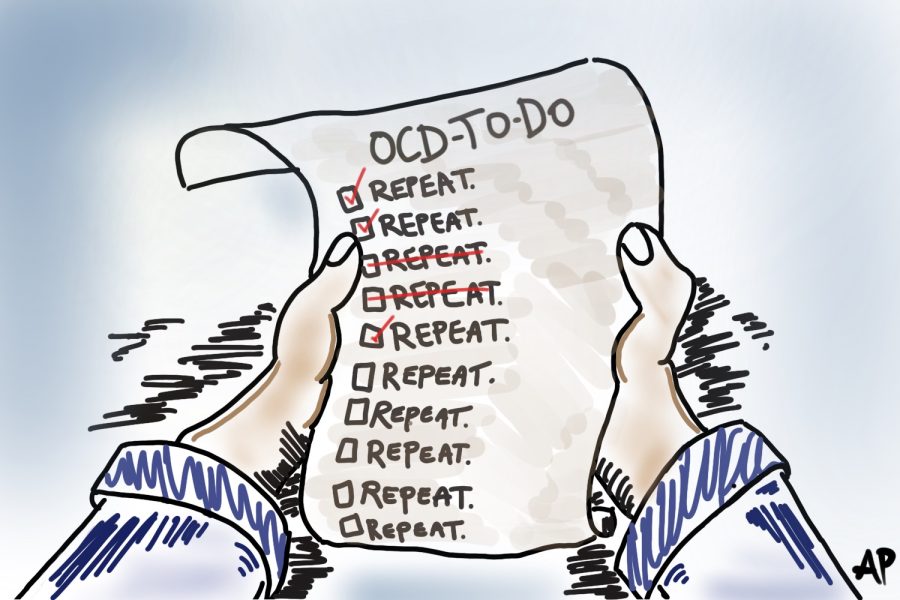Parenting comes with its share of challenges, and when your child experiences obsessive-compulsive disorder (OCD), it can be particularly overwhelming. OCD in children manifests in various ways, from repetitive behaviours to intrusive thoughts, and as a parent, it’s natural to feel unsure about when to seek professional help. In this blog post, we’ll explore childhood OCD, signs to watch for, and when it might be time to consider consulting a specialist or counsellor.
Understanding Childhood OCD: Obsessive-compulsive disorder is a mental health condition characterized by repetitive thoughts (obsessions) and behaviours (compulsions) that a person feels compelled to perform. In children, OCD often manifests differently than in adults and may include rituals, fears, or fixations that disrupt their daily lives.
Signs of Childhood OCD: Recognizing the signs of OCD in children can be challenging, as some behaviours may initially appear harmless or typical of childhood development. However, if you notice persistent patterns of behaviour that interfere with your child’s functioning or cause distress, it’s essential to consider the possibility of OCD. Common signs of childhood OCD may include:
- Excessive handwashing or cleanliness rituals
- Repeated checking or counting
- Needing things to be “just right” or in a specific order
- Irrational fears or worries
- Uncontrollable urges to perform certain actions
- Intrusive, upsetting thoughts or images
When to Seek Professional Help
Deciding when to seek professional help for your child’s OCD can be daunting, but early intervention is crucial for managing symptoms and preventing long-term impact. Consider consulting a specialist or counsellor if you observe the following:
- Persistent Symptoms: If your child’s OCD symptoms persist for several weeks or months and interfere with their daily life, social interactions, or academic performance, it may be time to seek professional guidance.
- Increased Severity: If your child’s OCD symptoms escalate in intensity or frequency, despite attempts to address them through parenting strategies or self-help techniques, professional intervention may be necessary.
- Functional Impairment: If OCD-related behaviours significantly impair your child’s ability to engage in typical activities, maintain relationships, or attend school, it’s essential to seek expert assessment and support.
- Emotional Distress: If your child experiences significant distress, anxiety, or emotional turmoil due to their OCD symptoms, a counsellor or therapist can provide specialized interventions to help them cope and manage their emotions effectively.
- Safety Concerns: If your child’s OCD behaviours pose a risk to their safety or well-being, such as excessive handwashing leading to skin irritation or rituals interfering with sleep patterns, it’s crucial to seek professional guidance promptly.
Consulting a Specialist or Counsellor: When considering whether to consult a specialist or counsellor for your child’s OCD, start by scheduling an appointment with their paediatrician or family doctor. A healthcare professional can conduct an initial assessment, provide guidance on treatment options, and offer referrals to mental health specialists if needed.
Depending on your child’s needs and the severity of their symptoms, you may be referred to a child psychologist, psychiatrist, or licensed therapist with expertise in treating OCD and related disorders. These professionals can conduct comprehensive evaluations, develop personalized treatment plans, and provide evidence-based interventions such as cognitive-behavioural therapy (CBT) or medication management.
Parenting a child with OCD can be challenging, but you’re not alone. By understanding the signs of childhood OCD and knowing when to seek professional help, you can support your child’s mental health and well-being effectively. Trust your instincts as a parent and advocate for your child’s needs, and don’t hesitate to reach out for expert guidance and support when necessary. With early intervention and appropriate treatment, children with OCD can learn to manage their symptoms and thrive in their daily lives.
Remember, seeking help is a proactive step towards supporting your child’s mental health journey and fostering their overall well-being.
If you would like to get in touch to see how we can best support your child’s wellbeing you can contact www.oktalk.co.uk.
More information on https://oktalk.co.uk/private-wellbeing/services-private/young-people-counselling/

